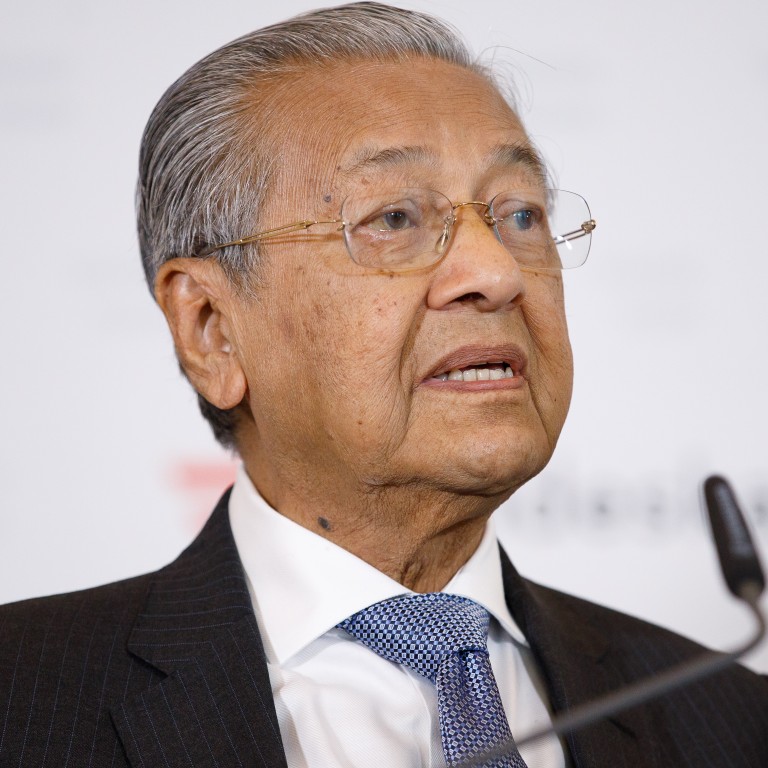
‘We just can’t pay’: Mahathir soothes China’s ego over Malaysia’s cancelled East Coast Rail Link
- Malaysian prime minister says pressing ahead with the project would leave his country ‘impoverished’ and urges Chinese parties to understand
- His comments come a day after Chinese Vice-Foreign Minister Kong Xuanyou suggested talks on the project were ongoing
Mahathir’s comments appeared to be aimed at ensuring there would be no bruised egos in Beijing arising from the cancellation and his government’s protracted – and at times convoluted – deliberation on the issue.
“It is not because we don’t want to honour our contracts, but we just cannot pay,” Mahathir told reporters as he was quizzed on the matter for the second time in two days.
“[The project] will impoverish us, so we seek the understanding of the parties concerned that it is not because we want to frustrate or throw out a contract. It is because we are really tight in terms of finance,” the prime minister said.
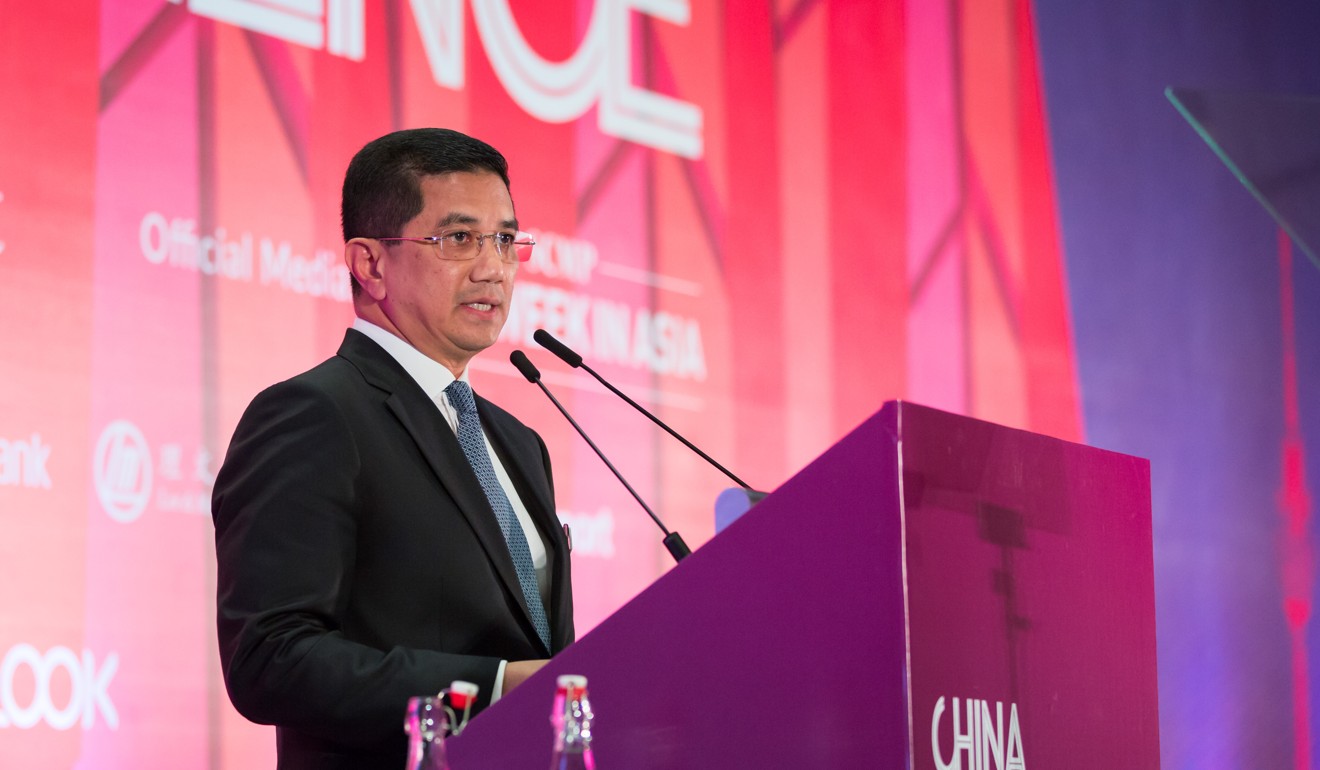
Pressed a third time late on Tuesday, the prime minister stood by his earlier comments but would not confirm the cancellation outright. “No final decision has been made. [It’s] not off yet. No call off, no final decision yet,” he was quoted as saying by The Malaysian Insight news portal.
An official announcement on the government’s final decision will be made after “both sides come up with a solution,” Mahathir said.
Old habits of patronage die hard in ‘New Malaysia’
Malaysia’s Economic Affairs Minister Azmin Ali on Saturday said a final decision had already been made, but the administration later appeared to backtrack, suggesting Azmin had spoken prematurely.
The prime minister’s latest comments came as the Chinese Vice-Foreign Minister Kong Xuanyou – in Malaysia for an official visit – and the foreign ministry spokesman Geng Shuang both suggested on Monday that talks were ongoing.
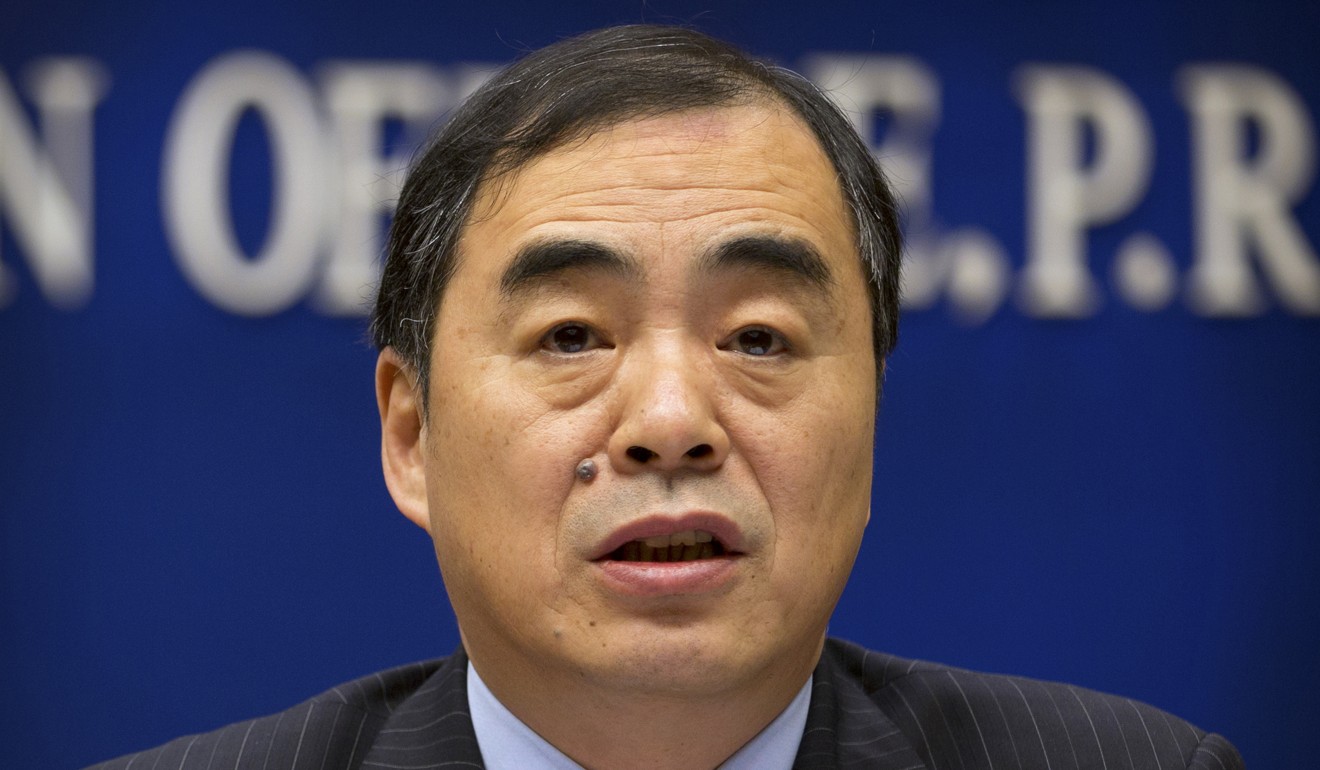
With the slew of high-level political players commenting on the issue, the fate of the 688km rail link has topped the country’s news agenda in recent days.
Addressing questions on why the government had appeared to pull back on Azmin’s comments Mahathir said one of his ministers had “made a mistake”, but did not name the economic affairs minister.
Oh Ei Sun, a commentator on Malaysia-China ties, said he did not think the matter would have a drastic impact on bilateral ties.
“Malaysia is one of the major trading partners of China, and there would be ups and downs in the bilateral relations, but none so serious as to significantly disrupt them, especially not over a railroad,” said Oh, senior fellow at Singapore’s Institute of International Affairs.
And Cheng Xiaohe, an international relations professor at China’s Renmin University, said he believed Beijing would continue to deal with Malaysia “with patience”, despite the twists and turns in the negotiation process.
“It is wise for China to remain self restrained while the Malaysian government mulls over this issue,” Cheng said. “Any public pressure will be counterproductive.”
The expected final cancellation of the deal with CCCC will finally end months of deliberation over its fate.
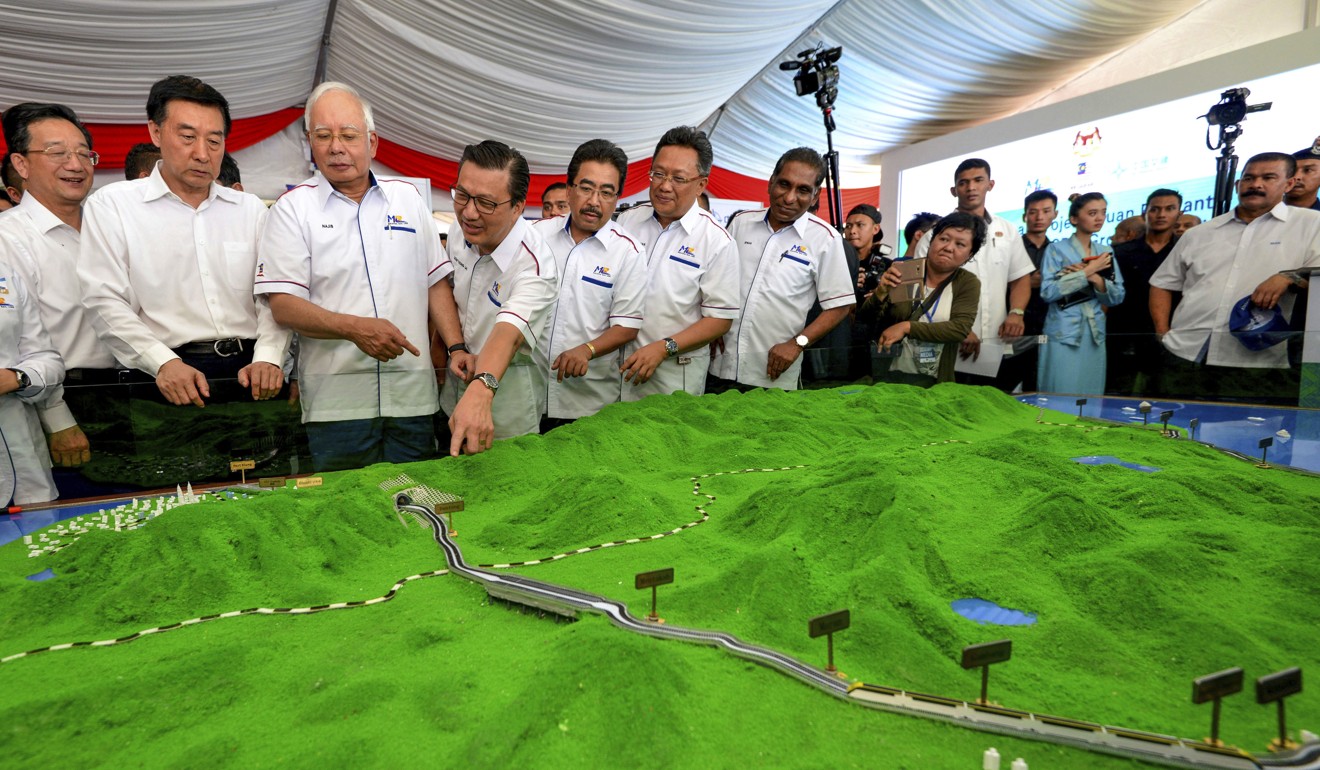
Upon his shock election victory in May last year, Mahathir identified the ECRL as one of several big-ticket China-linked infrastructure projects he planned to cancel because he felt they were too expensive and unnecessary.
As negotiations stretched on, Mahathir in early January suggested the project could carry on, if on a much smaller scale. Government sources said the administration eventually saw no way forward in proceeding with the existing CCCC contract signed by Najib because the benefits to cost ratio were misaligned.
134 billion reasons for Mahathir not to rethink Chinese investment
Making this decision would almost certainly trigger a compensation penalty, sources said over the weekend. Asked about the penalty on Tuesday, Mahathir said: “The huge compensation is not as huge as the amount of debt we would carry for the next thirty years.”
While the Najib government had estimated the project would cost 55 billion ringgit (US$13 billion), the current administration believes the figure is closer to 81 billion ringgit.
Some 19.68 billion ringgit had already been paid by the government before work was suspended in July.
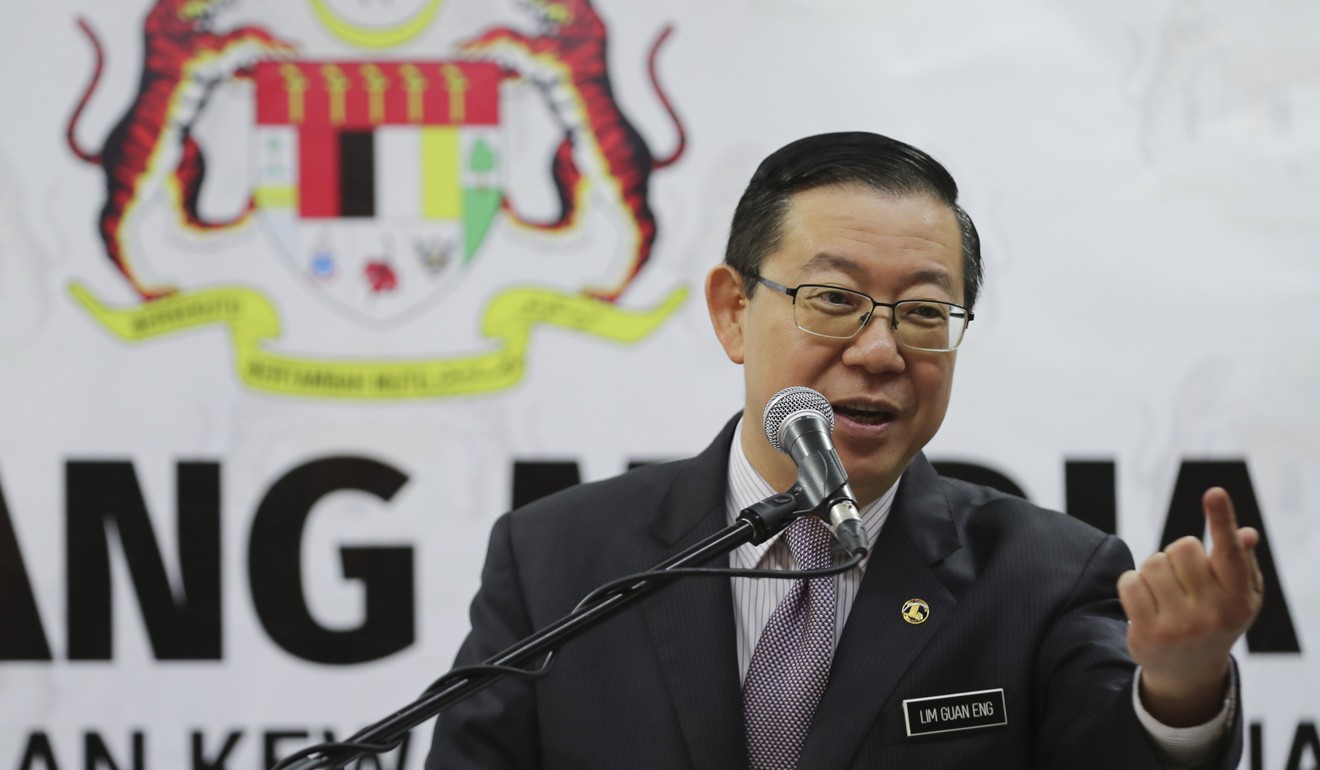
Malaysia’s Finance Minister Lim Guan Eng has previously said 10.02 billion of the 19.68 billion ringgit paid by the Najib government could be clawed back as that amount was an “advanced payment bond”.
Najib, who offered the project without tender, has repeatedly said the Mahathir government would be making a mistake by cancelling the deal.
He has challenged Mahathir to make public the terms of the contract, which he says are favourable.
Chinese companies bought assets from the 1MDB state fund in 2015 as the extent of its losses – allegedly through plunder – were made public.

